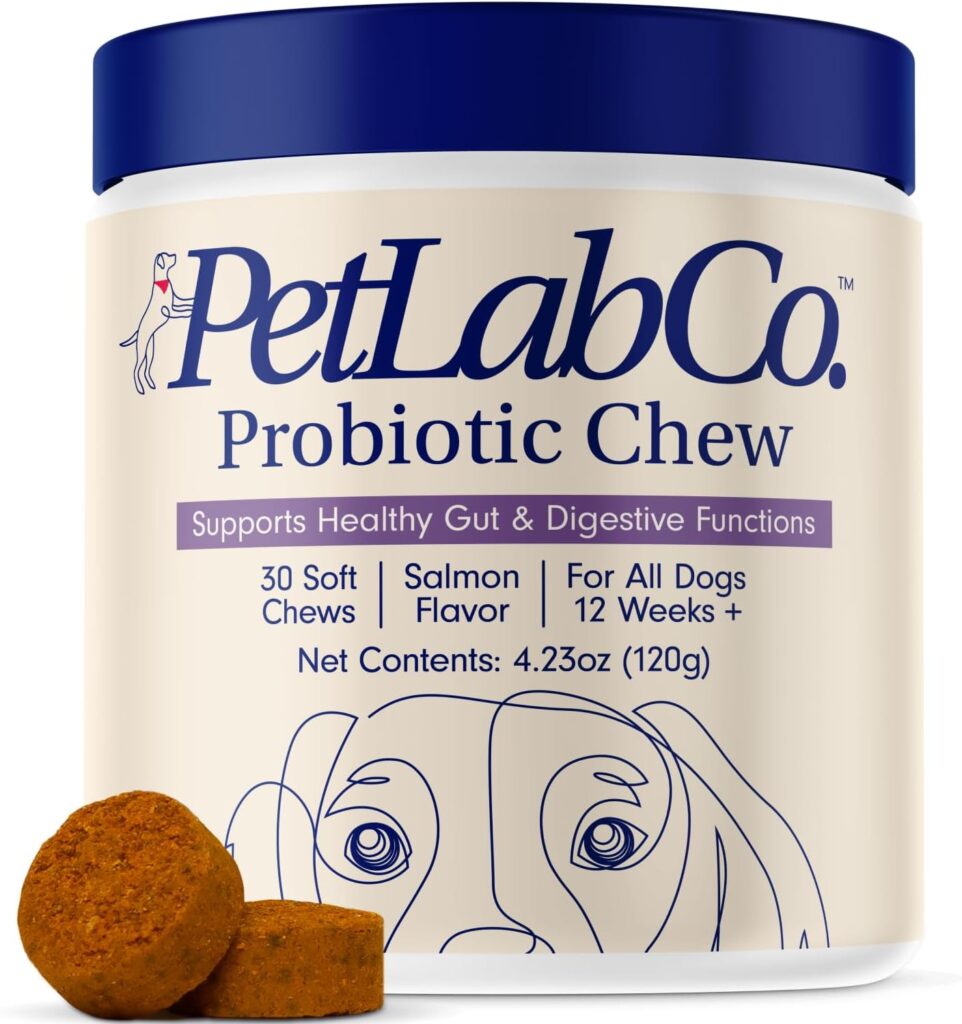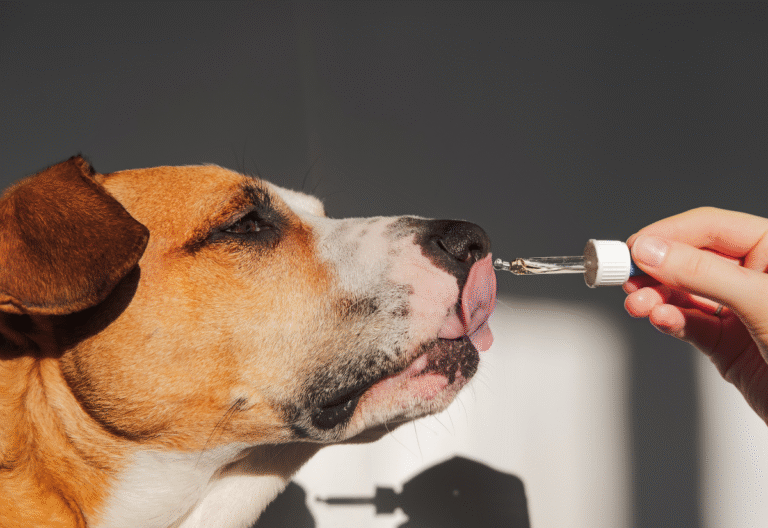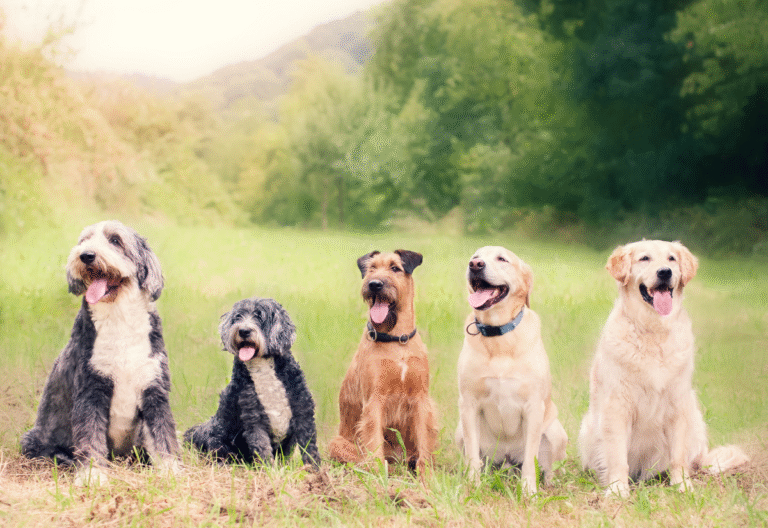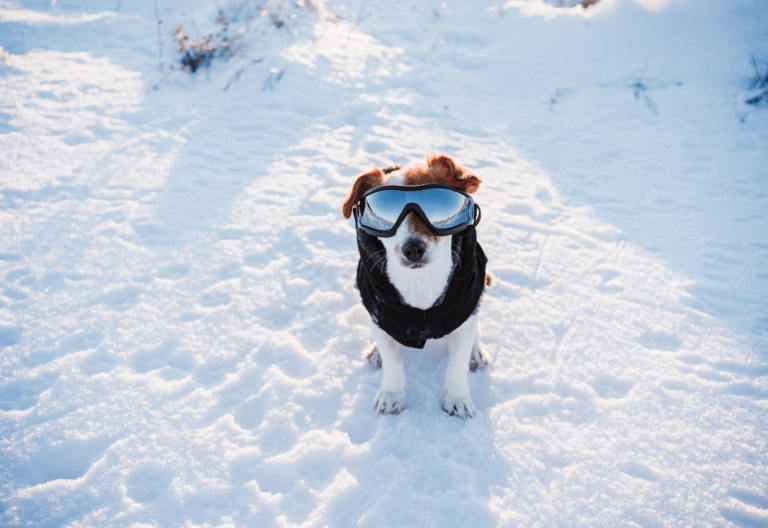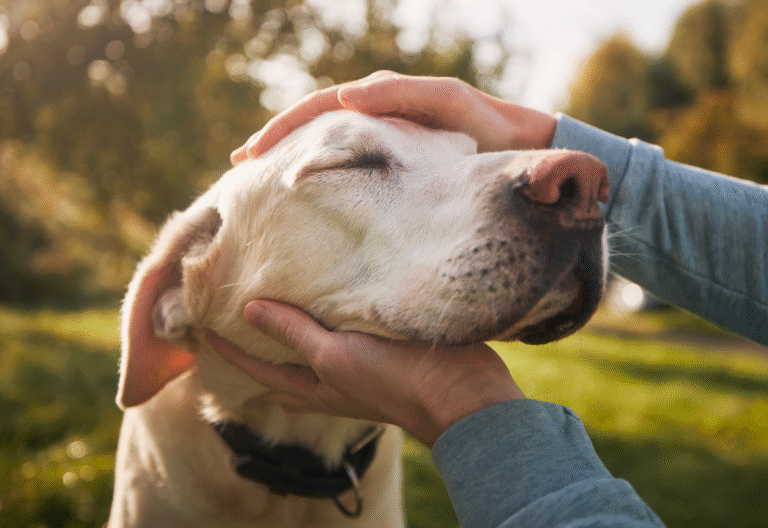Senior Dog Dental Care Beyond Brushing: How to Keep Your Senior Pup’s Smile Healthy
When it comes to keeping your aging companion comfortable and healthy, senior dog dental care beyond brushing is essential. While daily brushing lays the foundation, older dogs need a multi-layered approach to combat the accelerated plaque buildup and gum sensitivity that come with age. This comprehensive guide will show you how to protect your senior pup from painful dental disease and help them enjoy their golden years with a healthier smile.

Why Dental Health Matters More for Senior Dogs
As your dog celebrates each birthday, their mouth tells a story. Plaque and tartar accumulate faster in senior dogs, and gum tissue loses its resilience. These natural changes make older pups significantly more vulnerable to periodontal disease—a painful infection that doesn’t stay confined to the mouth. Left untreated, oral bacteria can travel through the bloodstream, potentially affecting the heart, kidneys, and liver.
Your senior dog can’t tell you their mouth hurts, but their behavior often speaks volumes. Watch for these subtle signs:
- Turning away from their favorite crunchy kibble
- Drooling more than usual or dropping food mid-chew
- Repeatedly pawing at their mouth or rubbing their face on furniture
- Persistent bad breath that smells unusually foul
- Red, swollen, or bleeding gums
Daily brushing helps slow down dental disease, but it can’t reach tartar below the gumline or catch problems early enough. That’s why senior dog dental care beyond brushing involves professional intervention, specialized products, and vigilant monitoring.
Professional Dental Cleanings for Senior Dogs
Think of professional dental cleanings as your dog’s deep-clean spa day for their mouth. These annual procedures, performed under anesthesia, allow your veterinarian to thoroughly remove hardened tartar from below the gumline—areas your toothbrush simply can’t reach. Your vet will also examine each tooth, take dental X-rays if needed, and address any infections or loose teeth before they become emergencies.
If you’re worried about anesthesia for your older dog, you’re not alone. Many pet parents share this concern. Modern veterinary medicine has made anesthesia safer than ever, especially when preceded by pre-anesthetic bloodwork to check organ function. Your vet can assess your dog’s individual risk and adjust the anesthetic protocol accordingly.
For dogs with severe health conditions where anesthesia poses significant risks, some veterinary practices offer non-anesthetic dental scaling. While this option doesn’t allow for sub-gingival cleaning or X-rays, it can help manage visible plaque between full cleanings. Discuss with your vet whether this might be appropriate for your senior’s situation.
Recommended Frequency: Most senior dogs benefit from professional cleanings every 6-12 months, depending on their dental health status.
Dental Diets and Chews That Actually Work
Not all dental chews are created equal. The gold standard is products that carry the Veterinary Oral Health Council (VOHC) seal of approval. These have been scientifically tested to reduce plaque and tartar through mechanical scrubbing action or chemical enzymes.
Types of VOHC-Approved Products:
Dental Bones and Rawhide Alternatives: Long-lasting chews with grooves, ridges, or textures designed to reach between teeth and massage gums. Choose appropriate sizes for your dog and opt for digestible alternatives if your senior has a sensitive stomach.
Dental Kibble: Specially formulated dry food with unique fiber matrices and textures that scrub teeth as your dog chews. The kibble is typically larger than regular food, encouraging more thorough chewing action that helps reduce plaque buildup.
Enzymatic Dental Chews: These treats contain enzymes that break down plaque-forming bacteria. Look for options specifically formulated for senior dogs, which often have softer textures for aging teeth and jaws while still providing effective cleaning action.
Water Additives: Tasteless, odorless liquids you add to your dog’s drinking water that help reduce bacteria and freshen breath throughout the day. These work passively and are ideal for dogs who resist other forms of dental care.
Important Safety Note: Always supervise your senior dog with any dental chew, especially if they have missing teeth, jaw sensitivity, or a tendency to gulp rather than chew. Choose products appropriate for their size and chewing strength.
Supplements and Natural Support Options
Emerging research shows that certain supplements can support oral health from the inside out by promoting healthy gum tissue and balancing the oral microbiome.
Evidence-Based Supplements:
Oral Probiotics Specialized probiotic strains help crowd out harmful bacteria and promote a healthier mouth environment. These beneficial bacteria compete with the organisms that cause plaque and bad breath.
Coenzyme Q10 (CoQ10) Supports gum tissue health and may reduce inflammation. Studies suggest it helps with periodontal healing and tissue regeneration in aging dogs.
Seaweed-Based Powders Natural compounds in specific seaweed species help soften existing plaque, making it easier to remove through chewing and brushing. These are typically sprinkled on food daily.
Omega-3 Fatty Acids Fish oil supplements reduce inflammation throughout the body, including gum tissue. This can help slow the progression of periodontal disease and support overall oral health.
Enzymatic Supplements Powders or tablets containing natural enzymes that break down plaque and tartar when mixed with saliva. These work systemically to support dental health.
Before starting any supplement regimen, consult your veterinarian to ensure compatibility with your dog’s medications and health conditions. What works for one senior may not be appropriate for another.
Home Care Tools Beyond the Toothbrush
Expand your dental care toolkit with these veterinarian-recommended options:

Dental Wipes: Pre-moistened textured wipes that remove plaque and bacteria—ideal for dogs who won’t tolerate brushing.
Finger Brushes: Soft rubber brushes that slip over your finger, providing better control and gentler pressure for sensitive mouths.
Oral Gels: Enzymatic formulas that work without brushing. Simply apply to gums and teeth, where enzymes break down plaque throughout the day.
Dental Sprays: Quick-application formulas that help reduce bacteria and freshen breath. Perfect for daily maintenance between more thorough cleaning sessions.
Gauze Pads: Simple and inexpensive—wrap around your finger to gently wipe teeth and gums with dog-safe toothpaste or plain water.
Dental Sponges: Soft foam applicators designed for dogs with extremely sensitive mouths or dental pain.
Monitor for Early Warning Signs
Even with excellent care, senior dogs can develop dental problems rapidly. Catching issues early can mean the difference between a simple cleaning and multiple extractions. Schedule immediate vet visits if you notice:
- Gums that appear bright red, purple, or unusually pale
- Teeth that look dark, gray, or broken
- Persistent bad breath that doesn’t improve with home care
- Facial swelling or discharge from the mouth or nose
- Your dog suddenly crying out when eating or yawning
- Complete refusal to eat, even favorite treats
- Excessive drooling or blood-tinged saliva
- Loose or missing teeth
Remember, dogs instinctively hide pain. By the time symptoms are obvious, the problem has likely been developing for weeks or months.
Beyond the Mouth: The Whole-Body Benefits of Dental Care
Here’s something many pet parents don’t realize: your dog’s dental health directly impacts their entire body. Oral bacteria don’t stay put—they enter the bloodstream with every chew, potentially creating inflammation in distant organs. Research shows that dogs with periodontal disease have higher rates of heart valve problems and kidney disease.
By committing to comprehensive senior dog dental care beyond brushing, you’re not just preventing bad breath. You’re reducing systemic inflammation, protecting vital organs, and helping your senior dog feel more comfortable every single day. Many dogs become noticeably more energetic and playful once dental pain is addressed—they’ve been suffering in silence longer than their families realized.
Creating Your Senior Dog’s Dental Care Plan
Here’s a realistic routine that combines all these elements:
Daily:
- Brush teeth or use dental wipes/spray if brushing isn’t tolerated
- Add water additive to drinking bowl
- Offer one VOHC-approved dental chew appropriate for your dog’s size
Weekly:
- Apply oral gel treatment 2-3 times
- Check mouth for any visible changes in gum color or tooth condition
- Gently feel along the jaw for any lumps or swelling
Monthly:
- Administer supplements as recommended by your veterinarian
- Take photos of your dog’s teeth to track changes over time
- Review your dog’s eating habits and note any changes
Every 6-12 Months:
- Schedule professional dental cleaning under anesthesia
- Get comprehensive oral examination by your veterinarian
- Update dental care plan based on your dog’s changing needs
Final Thoughts: Investing in Your Senior’s Comfort

Your senior dog has spent years bringing joy to your life. Now, as they navigate their golden years, they depend on you to notice what they can’t communicate. Dental disease is one of the most common yet preventable sources of pain in older dogs.
The good news? You don’t have to tackle everything at once. Start with one new element—perhaps a water additive or switching to dental kibble—and build from there. Every small step you take toward better oral health makes a real difference in your senior pup’s quality of life.
Talk with your veterinarian about which combination of professional care, home maintenance, and supportive products makes the most sense for your dog’s age, health status, and temperament. Together, you can create a personalized plan that keeps your senior dog smiling comfortably for years to come.
Remember that consistency matters more than perfection. Even if you can only manage a few of these strategies, you’re still making a meaningful impact on your dog’s health and happiness. Your senior pup doesn’t need a perfect dental routine—they need your commitment to doing what you can, when you can.
Because when it comes to the companions who’ve given us their best years, they deserve nothing less than our commitment to their comfort and wellbeing—one healthy tooth at a time.
💌 Join Our Gray Muzzle Community! Stay informed with expert tips and heartfelt stories about life with senior dogs.


